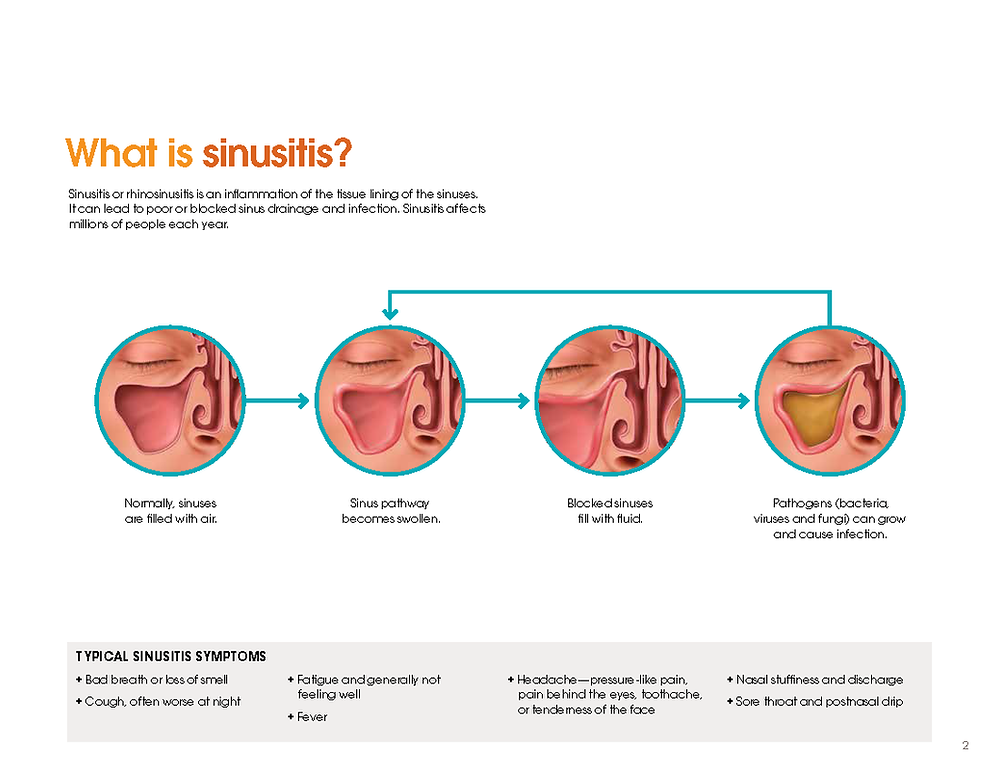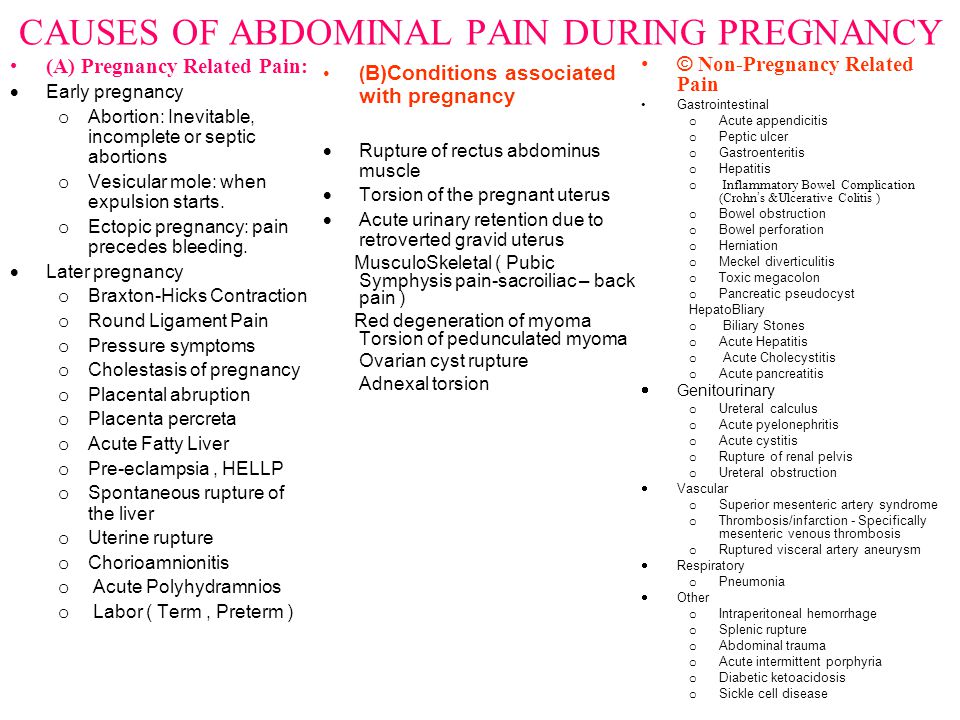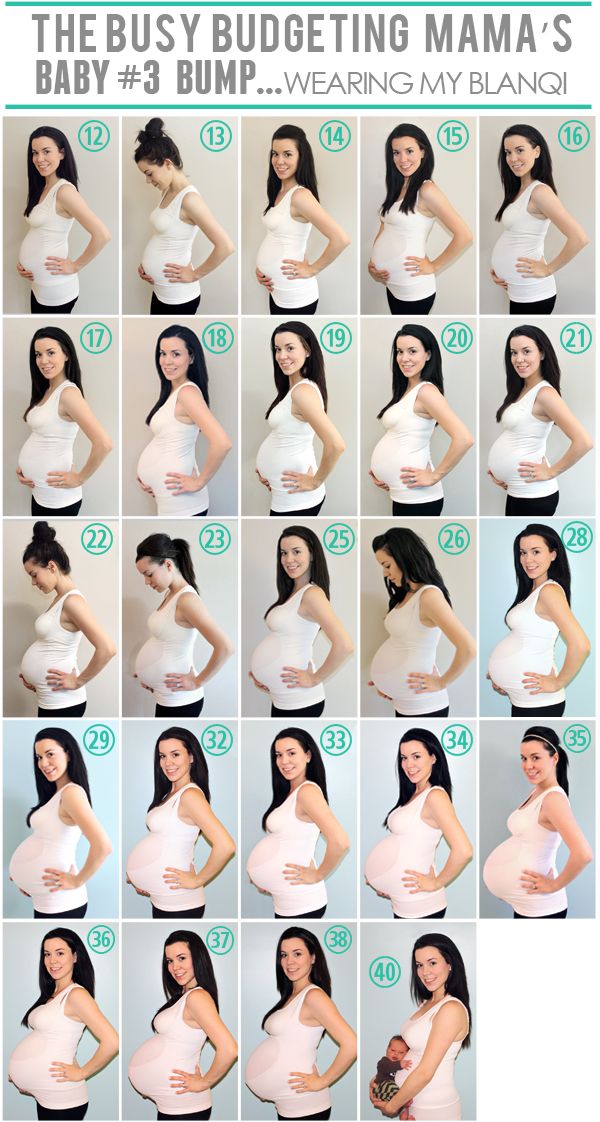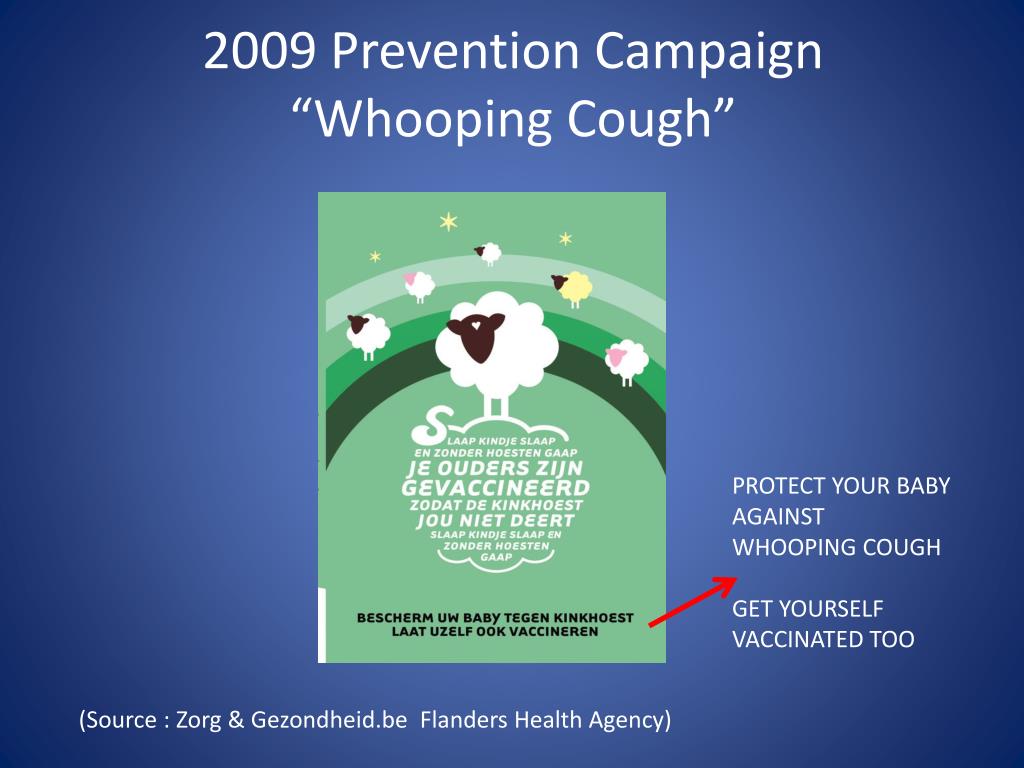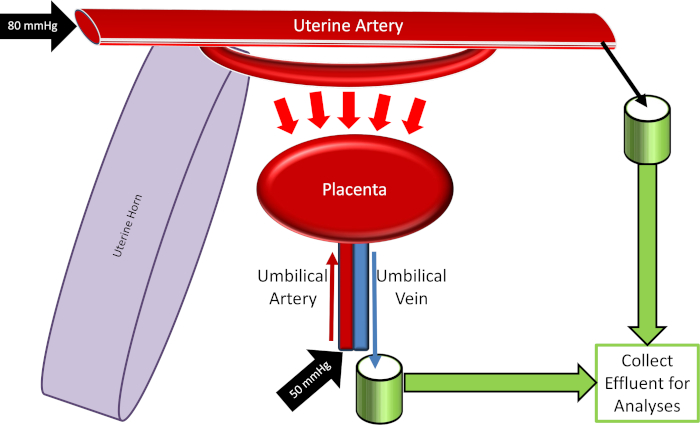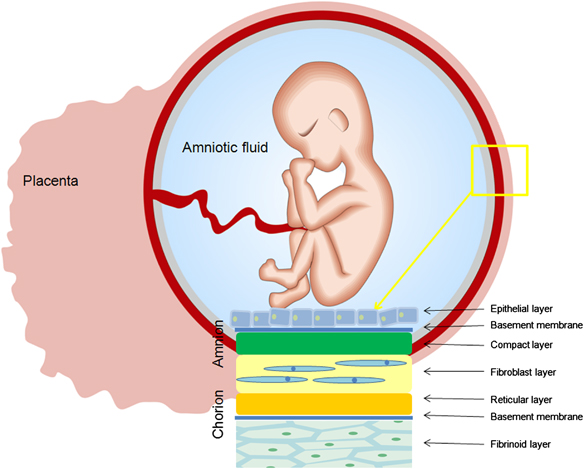Sinus while pregnant
Relief for Ongoing Nasal Congestion Is Possible
If you're expecting a baby, you may be dealing with a stuffy nose that doesn’t seem to go away. This hassle is called pregnancy rhinitis. The cause of this condition isn’t really clear. However, it may be caused by hormonal changes.Having a history of allergies or asthma does not raise your risk of getting pregnancy rhinitis.
More than just a stuffy nose
Pregnancy rhinitis is an inflammation of the mucous membranes lining the nose. This causes nasal congestion. Increased blood flow to the nasal passages and enlargement of the nasal veins also play a role.
Symptoms occur during pregnancy. They can last for several weeks. On top of feeling uncomfortable, your sleep may be disrupted. This is because the congestion gets worse when you lie down. This may make you to feel more tired during the day. Long-lasting congestion also can lead to complications. These can include sinusitis and ear infections.
Be cautious when seeking treatment
Many women use non-prescription, over-the-counter (OTC) decongestant sprays to open up their nasal passages. Know that these medicines don’t work for pregnancy rhinitis. These medicines may give you temporary relief. However, they may actually make your symptoms worse and lead to a complete nasal blockage.
How can you get relief from pregnancy rhinitis? Experts say you can breathe easy with these measures:
-
Don’t use OTC nasal decongestants.
-
Drink plenty of fluids.
-
Increase the humidity levels in your home. Use a humidifier.
-
Don’t use nasal irritants, such as cigarette smoke.
-
Get moving. Regular, moderate-intensity exercise can reduce congestion. It can also help you sleep better. But first, check with your healthcare provider to see what exercises are safe for you.
-
When you go to sleep, raise the head of your bed. For instance, use an extra pillow or a wedge.

-
Ask your healthcare provider about using OTC nasal strips and saline sprays or drops.
The good news? Even if you don’t do anything, you can expect your stuffy nose to clear up soon after your baby is born. It often goes away within two weeks of childbirth.
Online Medical Reviewer: Bowers, Nancy, RN, BSN, MPH Foley, Maryann, RN, BSN
Date Last Reviewed: 4/12/2016
© 2000-2019 The StayWell Company, LLC. 800 Township Line Road, Yardley, PA 19067. All rights reserved. This information is not intended as a substitute for professional medical care. Always follow your healthcare professional's instructions.
© 2000-2019 The StayWell Company, LLC. 800 Township Line Road, Yardley, PA 19067. All rights reserved. This information is not intended as a substitute for professional medical care. Always follow your healthcare professional's instructions.
Sinus Infection While Pregnant: Prevention and Treatment
Sinus Infection While Pregnant: Prevention and Treatment- Health Conditions
- Featured
- Breast Cancer
- IBD
- Migraine
- Multiple Sclerosis (MS)
- Rheumatoid Arthritis
- Type 2 Diabetes
- Articles
- Acid Reflux
- ADHD
- Allergies
- Alzheimer's & Dementia
- Bipolar Disorder
- Cancer
- Crohn's Disease
- Chronic Pain
- Cold & Flu
- COPD
- Depression
- Fibromyalgia
- Heart Disease
- High Cholesterol
- HIV
- Hypertension
- IPF
- Osteoarthritis
- Psoriasis
- Skin Disorders and Care
- STDs
- Featured
- Discover
- Wellness Topics
- Nutrition
- Fitness
- Skin Care
- Sexual Health
- Women's Health
- Mental Well-Being
- Sleep
- Product Reviews
- Vitamins & Supplements
- Sleep
- Mental Health
- Nutrition
- At-Home Testing
- CBD
- Men’s Health
- Original Series
- Fresh Food Fast
- Diagnosis Diaries
- You’re Not Alone
- Present Tense
- Video Series
- Youth in Focus
- Healthy Harvest
- No More Silence
- Future of Health
- Wellness Topics
- Plan
- Health Challenges
- Mindful Eating
- Sugar Savvy
- Move Your Body
- Gut Health
- Mood Foods
- Align Your Spine
- Find Care
- Primary Care
- Mental Health
- OB-GYN
- Dermatologists
- Neurologists
- Cardiologists
- Orthopedists
- Lifestyle Quizzes
- Weight Management
- Am I Depressed? A Quiz for Teens
- Are You a Workaholic?
- How Well Do You Sleep?
- Tools & Resources
- Health News
- Find a Diet
- Find Healthy Snacks
- Drugs A-Z
- Health A-Z
- Health Challenges
- Connect
- Breast Cancer
- Inflammatory Bowel Disease
- Psoriatic Arthritis
- Migraine
- Multiple Sclerosis
- Psoriasis
Medically reviewed by Debra Rose Wilson, Ph. D., MSN, R.N., IBCLC, AHN-BC, CHT — By Valencia Higuera on May 17, 2018
D., MSN, R.N., IBCLC, AHN-BC, CHT — By Valencia Higuera on May 17, 2018
Overview
Pregnancy has its own set of symptoms. Some days you may feel physically and emotionally well, and other days you may feel ill. Many women experience morning sickness, tiredness, and back pain throughout their three trimesters.
Getting sick with a sinus infection while having these pregnancy symptoms can take a toll on the body.
Here’s how to prevent and treat a sinus infection.
Symptoms of a sinus infection during pregnancy
Sinusitis can develop at any point during the first, second, or third trimester of pregnancy. This is an infection and inflammation in the lining of your sinuses. The sinuses are air-filled pockets located around the face and nose.
A sinus infection can cause different symptoms, including:
- mucus drainage
- stuffy nose
- pain and pressure around the face
- sore throat
- headache
- fever
- coughing
The symptoms can be worrisome, but there are ways to treat and prevent a sinus infection during pregnancy.
What causes a sinus infection?
Symptoms of a sinus infection can mimic other conditions like allergies and the common cold. An acute infection can last up to four weeks. Chronic infections can last more than 12 weeks. Sinusitis during pregnancy can be triggered by a viral, bacterial, or fungal infection.
In some cases, a sinus infection is a complication of the common cold. You’re also at higher risk for a sinus infection if you have allergies. In both conditions, mucus can block the sinus cavities and result in swelling and inflammation. This can lead to an infection.
A sinus infection causes unpleasant symptoms. Although it can make you feel worse while pregnant, relief is available.
Treating a sinus infection while pregnant
You may be concerned about taking medication for a sinus infection while pregnant. Your concerns are valid. The good news is that there are over-the-counter (OTC) medications that are safe to take while pregnant.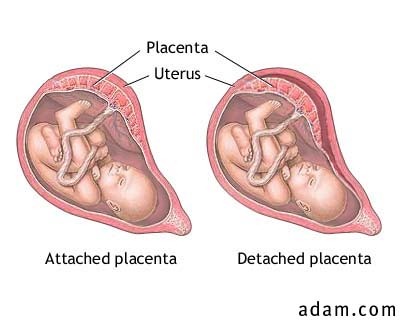
For example, you can relieve a sinus headache and sore throat with acetaminophen (Tylenol). Make sure you take the pain reliever as directed.
Other medications might be safe to take during pregnancy. Talk to your doctor before you take:
- decongestants
- antihistamines
- expectorants
- cough suppressants
Aspirin (Bayer) isn’t recommended during pregnancy. Likewise, avoid ibuprofen (Advil) unless you’re under a doctor’s supervision. Ibuprofen has been linked to pregnancy complications, such as reduced amniotic fluid and miscarriage.
Consult your doctor if you have questions about safe medications to take while treating a sinus infection during pregnancy.
Home remedies for a sinus infection during pregnancy
Medications like cough suppressants, pain relievers, and decongestants can relieve symptoms of an infection. But if you want to avoid using medications during pregnancy, you can treat your symptoms with home remedies.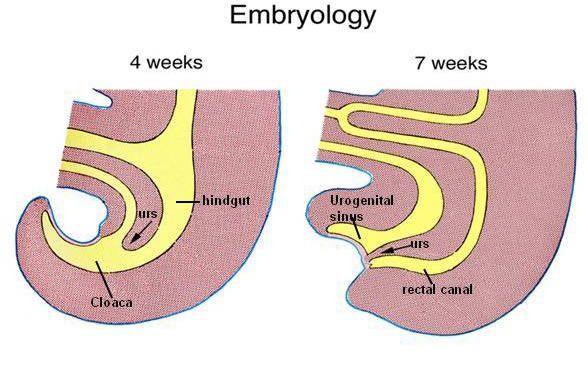
Increasing your fluid intake can ease a sore throat, loosen mucus drainage, and clear a stuffy nose. Ideal fluids include:
- water
- citrus juices
- decaf teas
- broth
Here are some other home remedies to relieve your sinus infection symptoms:
- Use saline drops from the pharmacy, or make your own drops using 1 cup of warm water, 1/8 teaspoon of salt, and a pinch of baking soda.
- Run a humidifier at night to keep your nasal passage clear and thin mucus.
- Sleep with more than one pillow to elevate your head. This stops mucus from accumulating in your sinuses at night.
- Use steam to help loosen the mucus.
- Gargle with warm salt water to soothe a sore throat, or suck on throat lozenges.
- Slow down and relax. Rest can strengthen your immune system and help you fight the infection.
If you have facial pain or headaches from sinusitis, relieve pain by placing a hot or cold pack on your forehead, or gently massage your forehead. Taking a warm bath may also provide relief from a sinus headache. Be sure the water isn’t too hot. Hot baths should be avoided in pregnancy.
Taking a warm bath may also provide relief from a sinus headache. Be sure the water isn’t too hot. Hot baths should be avoided in pregnancy.
When to see your doctor
A sinus infection can resolve itself with home treatment. But there are times when you should see a doctor.
Make an appointment with your doctor if your symptoms don’t improve with OTC medications or home remedies, or if your symptoms worsen.
Contact your doctor if you have a fever higher than 101°F (38°C), or if you start coughing up green or yellow mucus. Also see your doctor if you have recurrent sinus infections.
Leaving a severe sinus infection untreated increases the risk of complications, such as meningitis. Meningitis is inflammation of the membranes in the brain or spinal cord.
An untreated infection can spread to other parts of the body, such as the bones, eyes, and skin. It can also affect your sense of smell.
Tests for a sinus infection during pregnancy
If you seek medical attention, your doctor may conduct a variety of tests.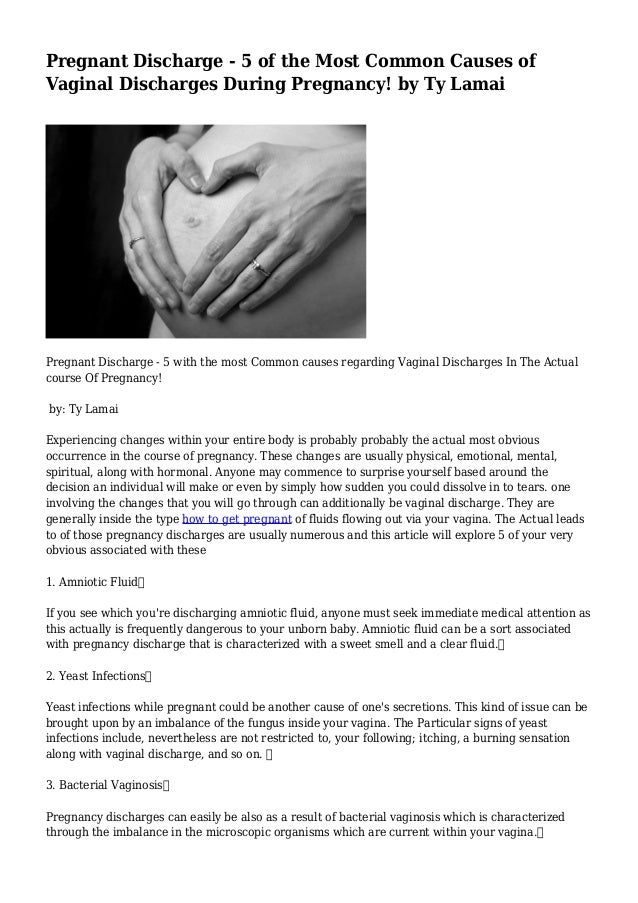 These include:
These include:
- Nasal endoscopy. Your doctor inserts a thin, flexible tube into your nose to examine your sinuses.
- Imaging tests. Your doctor may order a CT scan or an MRI to take pictures of your sinuses to help them confirm a diagnosis.
Depending on your specific case, your doctor may also order a nasal and sinus culture to determine the underlying cause of your sinus infection. You may also undergo allergy testing to see whether allergies are triggering your chronic sinus infections.
Next steps
Getting a sinus infection while pregnant isn’t fun, but there are ways to prevent and lower your risk.
These infections often develop after the common cold, so try to do everything possible to avoid getting sick with a cold. Limit contact with sick people. Consider wearing a facial mask to protect yourself from germs. It’s also important to wash your hands frequently and avoid touching your mouth and nose.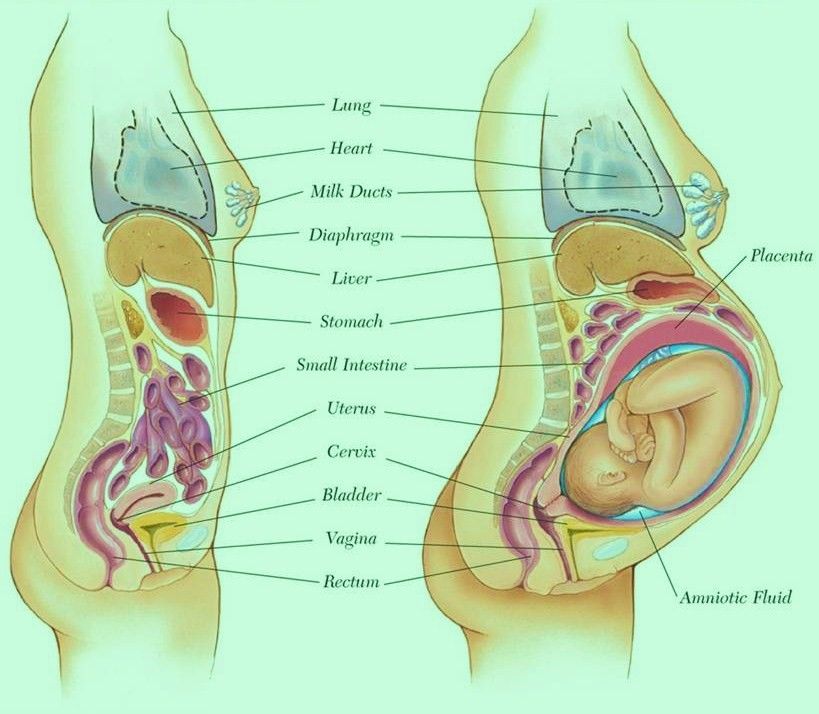
If you have allergies, ask your doctor about pregnancy-safe antihistamines to manage your symptoms (prescription or OTC). Also avoid situations that can trigger an allergy flare-up. Avoid establishments with heavy scents or cigarette smoke. Stop using fragrances and cleaning products with strong odors.
Dry air prevents the sinuses from draining, so using a humidifier to increase the moisture level in your home can also reduce your risk of a sinus infection.
Last medically reviewed on May 17, 2018
- Parenthood
- Pregnancy
- Pregnancy Health
How we reviewed this article:
Healthline has strict sourcing guidelines and relies on peer-reviewed studies, academic research institutions, and medical associations. We avoid using tertiary references. You can learn more about how we ensure our content is accurate and current by reading our editorial policy.
- Can I take ibuprofen when I’m pregnant? (2016).
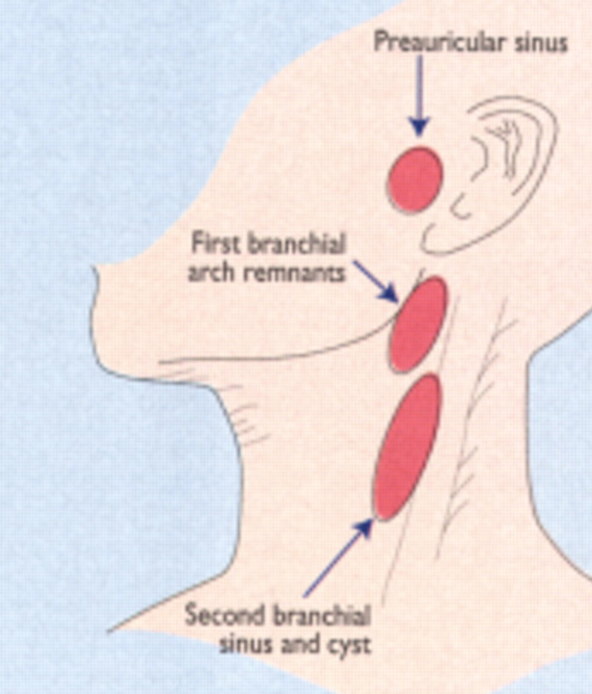
nhs.uk/chq/Pages/2398.aspx?CategoryID=54 - Mayo Clinic Staff. (2018). Acute sinusitis.
mayoclinic.org/diseases-conditions/acute-sinusitis/symptoms-causes/syc-20351671 - Tobah YB. (2015). Is it safe to take aspirin during pregnancy?
mayoclinic.org/healthy-lifestyle/pregnancy-week-by-week/expert-answers/aspirin-during-pregnancy/faq-20058167
Our experts continually monitor the health and wellness space, and we update our articles when new information becomes available.
Current Version
May 17, 2018
Written By
Valencia Higuera
Edited By
Nizam Khan (TechSpace)
Medically Reviewed By
Debra Rose Wilson, PhD, MSN, RN, IBCLC, AHN-BC, CHT
Share this article
Medically reviewed by Debra Rose Wilson, Ph.D., MSN, R.N., IBCLC, AHN-BC, CHT — By Valencia Higuera on May 17, 2018
related stories
Acute Bronchitis: Symptoms, Causes, Treatment, and More
How to Treat a Cold or Flu When You’re Pregnant
9 Ways to Get Rid of a Sinus Infection, Plus Tips for Prevention
Can a Fever During Pregnancy Harm My Baby?
Everything You Should Know About Sneezing During Pregnancy
Read this next
Acute Bronchitis: Symptoms, Causes, Treatment, and More
Medically reviewed by Elaine K.
 Luo, M.D.
Luo, M.D.Acute bronchitis causes coughs that produce mucus. You don't need antibiotics, but bed rest and home care can help.
READ MORE
How to Treat a Cold or Flu When You’re Pregnant
Medically reviewed by Michael Weber, MD
Everything changes during pregnancy, which makes getting a cold or flu more complicated. Learn how to treat these illnesses without affecting your…
READ MORE
9 Ways to Get Rid of a Sinus Infection, Plus Tips for Prevention
Medically reviewed by Angela M. Bell, MD, FACP
Most sinus infections resolve on their own within 10 days, but here are some things you can do to help get rid of sinusitis and improve your symptoms.
READ MORE
Can a Fever During Pregnancy Harm My Baby?
Medically reviewed by Karen Gill, M.
 D.
D.A high fever during early pregnancy might be dangerous for your baby-to-be. Here’s why you should see a doctor for treatment.
READ MORE
Everything You Should Know About Sneezing During Pregnancy
Medically reviewed by Debra Rose Wilson, Ph.D., MSN, R.N., IBCLC, AHN-BC, CHT
Is sneezing during pregnancy dangerous? Are you more likely to sneeze when expecting? We'll explain.
READ MORE
Your Guide to a Pregnancy-Safe Skin Care Routine
When you're expecting, pregnancy-safe skin care can help ensure the health of you and your baby. We'll tell you what to avoid — and some good…
READ MORE
Can Ectopic Pregnancy Be Diagnosed With Ultrasound?
Medically reviewed by Valinda Riggins Nwadike, MD, MPH
Ectopic pregnancy is a serious condition that requires accurate and swift diagnosis.
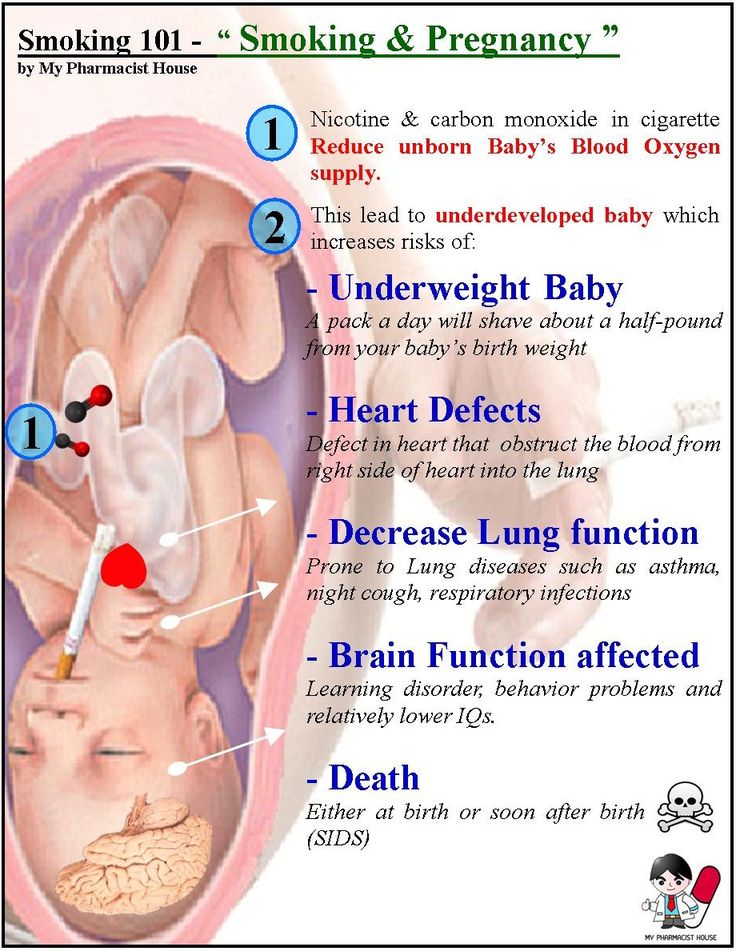 Ultrasound for ectopic pregnancy diagnosis is just one tool your…
Ultrasound for ectopic pregnancy diagnosis is just one tool your…READ MORE
Is It Safe to Consume Flaxseeds During Pregnancy?
Given the inconclusive and conflicting stances about eating flaxseeds during pregnancy, it might be better to err on the side of caution.
READ MORE
Pregnancy After Miscarriage: Answers to Your Questions
Medically reviewed by Amanda Kallen, MD
Getting pregnant after a miscarriage can be an emotional experience, filled with joy but also anxiety and guilt. Learn more about pregnancy after…
READ MORE
What Is a Nurse Midwife and How to Tell If They Are Right for You
Medically reviewed by Meredith Wallis, MS, APRN, CNM, IBCLC
A nurse midwife is a nurse with education, training, and certification to provide prenatal, delivery, and women's care.

READ MORE
450106, Ufa, st. Art. Kuvykina, 96. e-mail: [email protected]
Good afternoon, dear friends! Today we will talk about cardiovascular diseases in women during pregnancy. Despite the fact that pregnancy is a completely natural state of a woman, at this time her health is especially vulnerable, as the body works to create and form a new life. For nine months of waiting, the expectant mother may face various problems, one of which is arrhythmia. nine0003
The risk of developing arrhythmias can be quite high. Indeed, with serious violations of the heart rhythm, problems with the health of the mother and fetus can occur. Not all arrhythmias observed in pregnant women are associated with heart disease. They can also be observed in conditions whose causes are the influence of external factors on the nervous system.
These include:
• severe physical and emotional stress,
• unhealthy diet,
• bad habits,
• diseases of the respiratory tract,
• diseases of the central nervous system;
• problems with the gastrointestinal tract;
• disturbances in electrolyte metabolism;
• diseases associated with heredity;
• problems with the endocrine system.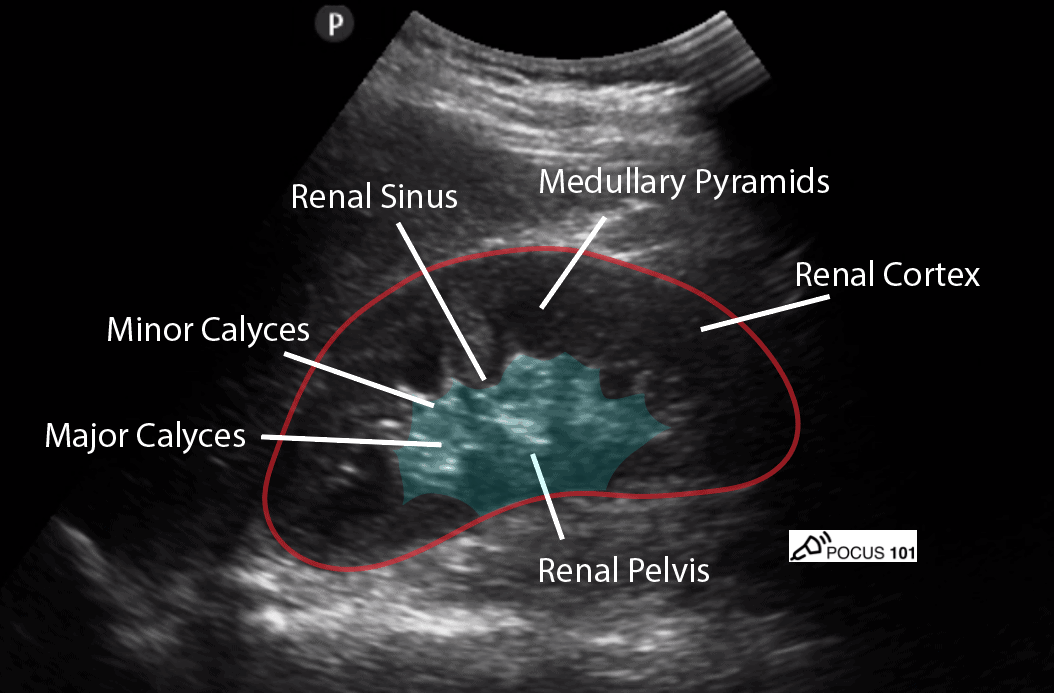
Some types of arrhythmias also occur in apparently healthy women. Not all arrhythmias, especially in pregnant women, should be treated medically, especially surgically. In some cases, it is necessary to treat the underlying disease, such as anemia, which causes heart rhythm disturbances. nine0003
Arrhythmia can occur in absolutely any pregnant woman, but there are such risk factors that significantly increase the possibility of developing the disease. First of all, it is a hereditary predisposition.
In women with a history of congenital and acquired heart defects, especially with decompensation of the disease during pregnancy, the risk of rhythm disturbances, including life-threatening ones, is quite high.
Very often, rhythm disturbances appear at long gestational ages. After all, along with the growth of the child, the load on the heart gradually increases due to an increase in blood volume in the body. The heart is forced to work with a greater load, which leads to various functional disorders, including arrhythmias. nine0003
nine0003
Heart rhythm disorders can be associated with various hormonal changes and changes in the activity of the autonomic nervous system.
During pregnancy, cardiac arrhythmias are possible by the type of slowing of the heart rate (bradycardia), which in most cases are congenital and asymptomatic. The first manifestation of such a condition can lead to loss of consciousness and is an indication for the implantation of an artificial pacemaker. Each case is individual, therefore, the issue of treatment and methods of its implementation is decided by the observing doctor - gynecologist, taking into account the recommendations of the cardiologist (arrhythmologist) and the therapist. nine0003
Sinus tachycardia is very common in pregnant women, when the heart rate reaches one hundred or more beats per minute. In most cases, it is non-cardiac in nature and does not require active antiarrhythmic therapy. One of the most common forms of arrhythmia is extrasystole. This form of rhythm disturbance during pregnancy most often does not cause much discomfort and only sometimes manifests itself in the form of a feeling of heart rhythm failure or discomfort in the chest. Although such symptoms frighten the pregnant woman, they do not require special medical treatment and do not lead to the need to refuse natural childbirth. Specific drugs are prescribed by a specialist only after a comprehensive examination and if there is a risk of ventricular tachycardia. nine0003
Although such symptoms frighten the pregnant woman, they do not require special medical treatment and do not lead to the need to refuse natural childbirth. Specific drugs are prescribed by a specialist only after a comprehensive examination and if there is a risk of ventricular tachycardia. nine0003
We must remember that self-treatment harms health, first of all, the health of the unborn child. Therefore, specialist advice is required.
The reason for special therapy is the presence of atrial fibrillation or palpitations, which can cause hypoxia in the child and even lead to miscarriage. traumatic factor that caused its appearance (alcohol, nicotine, caffeine, emotional and physical overwork). When this is not enough, medications are prescribed, but when prescribing drugs, the gynecologist, first of all, evaluates the appropriateness of prescribing them in terms of future benefits and possible harm to the child. nine0003
If you do not want to be a hostage to arrhythmia during pregnancy, the best way to prevent the disease is to have a timely examination and thorough preparation of the family for planning a child. It is before conception that a woman can take a course of treatment without fear for the life and health of the unborn baby.
It is before conception that a woman can take a course of treatment without fear for the life and health of the unborn baby.
To protect a woman from possible complications during childbearing, the doctor must diagnose possible diseases of the cardiovascular system, lungs, bronchi, thyroid gland and other abnormalities of the body that can provoke heart rhythm disturbances even before pregnancy. Every pregnant woman who is suspected of having a heart rhythm disorder can get qualified advice at the Republican Cardiology Center. Do not forget that a healthy lifestyle and movement are the key to a cheerful mood and excellent health. Practice exercises in the morning and take more walks in the fresh air, then you will certainly notice that arrhythmia worries you less! nine0003
Dental prosthetics during pregnancy
It is advisable to check the condition of the teeth and oral cavity even when planning pregnancy. However, it is possible to fill the gap during the bearing of a baby, because pregnancy is a period when a woman must pay special attention to her own well-being. It is not in vain that expectant mothers who are registered in the antenatal clinic must undergo a mandatory examination by doctors of various profiles, including a dentist. In addition, during the period of bearing a child, women usually have free time. Why not spend some of it on restoring a beautiful and healthy smile? nine0003
It is not in vain that expectant mothers who are registered in the antenatal clinic must undergo a mandatory examination by doctors of various profiles, including a dentist. In addition, during the period of bearing a child, women usually have free time. Why not spend some of it on restoring a beautiful and healthy smile? nine0003
Is it possible to have dentures during pregnancy?
It used to be thought that going to the dentist was better to wait until the baby was born. Modern dentistry allows even prosthetics for pregnant women, but there are some nuances here.
Prosthetics, in contrast to the services of therapeutic and surgical dentistry, is provided according to plan. In the first three months, the fetus is the formation of vital organs. At this time, it is especially vulnerable, so the prosthetics procedure is recommended to be carried out in the 2nd trimester. nine0003
Starting from the 12th week of life, the child already has a strong protection against various external influences that can harm him.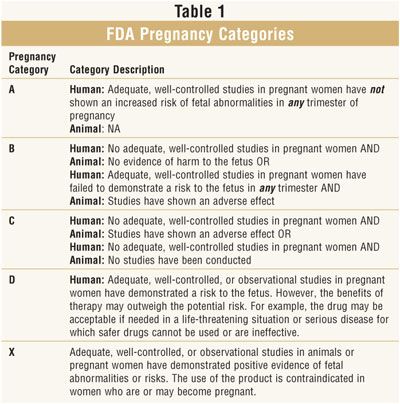 And during this period, with a good general health of a woman, you can schedule a visit to the dentist to install prostheses.
And during this period, with a good general health of a woman, you can schedule a visit to the dentist to install prostheses.
Favorable period for prosthetics after 12 weeks of pregnancy
The procedure is performed under local anesthesia using drugs such as articaine, ultracaine and other similar ones. These drugs have a milder effect on the body. Instead of X-rays, the radiation of which has a negative effect, modern equipment is used - a radiovisiograph, which makes targeted images with the lowest radiation. Paracetamol allowed for pregnant women helps to reduce pain after prosthetics. nine0003
Despite the possibility of prosthetics, dentists, as a rule, perform it only according to strict indications or postpone it to a safer time for a woman and a baby. In any case, the doctor must take into account the patient's condition and assess the possible risks when prescribing certain drugs.
The main problems and their solutions with the help of prosthetics
- If the tooth is slightly destroyed and does not require nerve removal, canal filling, a ceramic inlay will help restore a smile quickly and without pain.
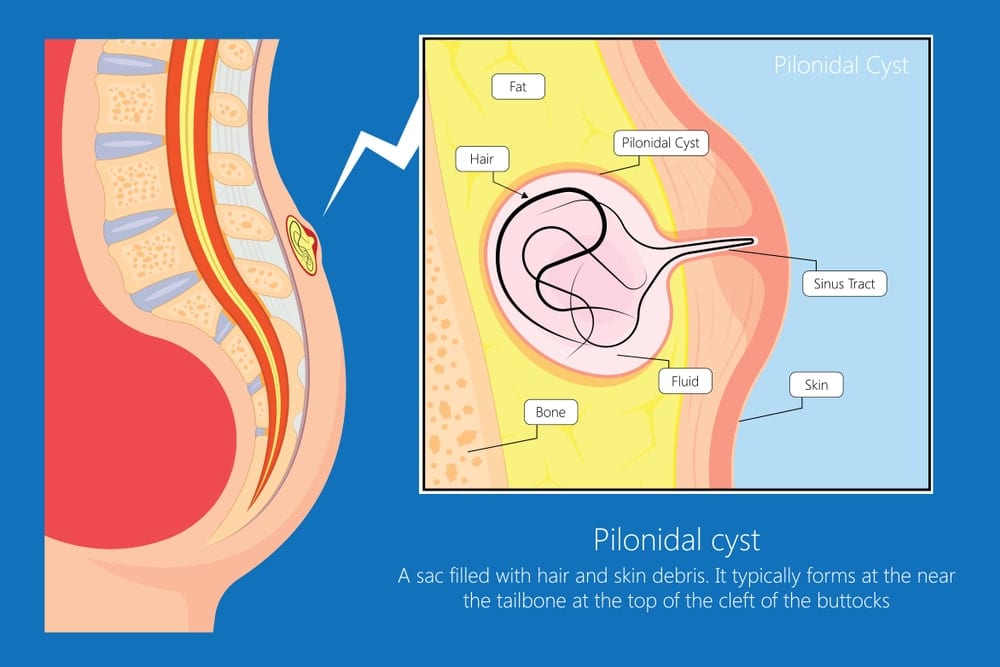 At the same time, the dentist will remove the damaged tooth tissues, take an impression and transfer it to the dental laboratory, and place a temporary filling. Dental technicians will make the necessary part of the tooth from ceramics, which the doctor will “paste” into the tooth at the next visit of the patient with a special non-toxic and safe glue for the body. nine0076
At the same time, the dentist will remove the damaged tooth tissues, take an impression and transfer it to the dental laboratory, and place a temporary filling. Dental technicians will make the necessary part of the tooth from ceramics, which the doctor will “paste” into the tooth at the next visit of the patient with a special non-toxic and safe glue for the body. nine0076
Ceramic inlay
- If nothing but the root is left of the tooth, a crown with a pin is used to restore it. The pin performs the function of a support - a crown of a shade suitable for the color of the enamel is put on it.
A diseased tooth with a preserved root for further prosthetics with a crown
- If the tooth is missing along with the root, implantation is offered in modern dentistry. In the process of implantation, an implant is implanted into the jawbone, which performs the function of a tooth root, after which a crown is put on it.
 nine0076
nine0076
Dental implant
- Classical bridge prosthetics also allows restoring the dentition with a missing tooth and root. In this case, the lost tooth is “suspended” to the adjacent intact ones, while crowns are put on them.
Bridge prosthesis
- The clasp prosthesis is removable, but these are by no means the same prostheses that could be observed in our grandmothers. Such a prosthesis is smaller, and it is removed only for cleaning. nine0076
Removable clasp denture
- If a pregnant woman just wants to get a “Hollywood smile”, ceramic veneers are suitable. These are thin plates that are fixed on the teeth, correcting their color and shape.
Ceramic veneers
Is it possible for pregnant women to put crowns on their teeth?
The answer to this question also depends on the gestational age. In the first 3 months of waiting for a child, crowns are not placed, since the procedure for their installation includes mandatory preliminary sanitation of the oral cavity, treatment of all carious lesions, and removal of teeth that must be removed. nine0003
In the first 3 months of waiting for a child, crowns are not placed, since the procedure for their installation includes mandatory preliminary sanitation of the oral cavity, treatment of all carious lesions, and removal of teeth that must be removed. nine0003
At the same time, postpartum crown placement is also not the best solution, since even one missing tooth can lead to difficult-to-reversible changes in the entire oral cavity. Therefore, the setting of crowns is transferred to 12–24 weeks of pregnancy, i.e., to the second trimester.
If the pregnant woman feels well, it is possible to place crowns from the fourth month of pregnancy. Moreover, a beautiful smile will cheer up the expectant mother, which will benefit the baby. nine0003
Placement of a crown on the “native” tooth
Dental implantation and pregnancy
Women in an “interesting” position and dentists themselves have many questions about the possibility of dental implantation during pregnancy. Some physicians, usually unfamiliar with cutting-edge research, argue that pregnancy is an absolute contraindication for implantation. In fact, the experience of many specialists confirms that such an operation is quite possible. Moreover, it is less traumatic and dangerous for the body than, for example, the removal of a wisdom tooth. nine0003
Some physicians, usually unfamiliar with cutting-edge research, argue that pregnancy is an absolute contraindication for implantation. In fact, the experience of many specialists confirms that such an operation is quite possible. Moreover, it is less traumatic and dangerous for the body than, for example, the removal of a wisdom tooth. nine0003
To answer this question in more detail, let's remember what the procedure of dental implantation consists of:
First stage - surgical
Consists of implant placement. To do this, the dentist treats the oral cavity with aseptic means, then cuts the tissues of the alveolar ridge into flaps with a laser or scalpel and exposes part of the bone. The opened area is prepared and marked for the subsequent formation of a bed under the pin. Then a hole is created for the size of the implant, into which it is screwed, after which the flaps are sutured. nine0003
The process itself, anesthesia and control images are not dangerous for the fetus, but in the period after the implant is installed, complex anti-inflammatory therapy with antibiotics is prescribed. This is what causes the undesirability of the operation during pregnancy. It is better to carry out this operation before pregnancy.
This is what causes the undesirability of the operation during pregnancy. It is better to carry out this operation before pregnancy.
Formation of the landing channel for the implant
Second stage - formation of the gingiva
At this stage, a gingiva former is installed, which allows you to recreate the natural contour of the tissues. This element looks like a screw cylinder, which is attached to the implant. This is a simple procedure performed under local anesthesia and does not require subsequent antibiotic therapy. Therefore, it can be safely carried out during pregnancy. nine0003
Healing abutment
Third stage - prosthetics
To connect the crown and the artificial root, an abutment is placed instead of the abutment. The procedure is extremely simple, reminiscent of the assembly of the designer. It is carried out even without anesthesia. After it, a standard setting of the crown is performed.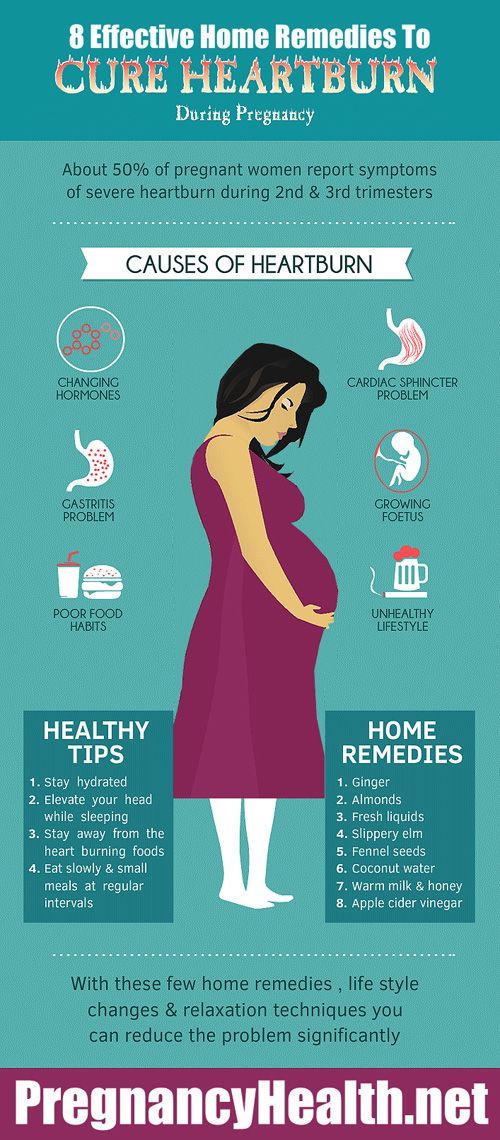 Thus, this stage also does not pose a risk to the health of the baby in the womb.
Thus, this stage also does not pose a risk to the health of the baby in the womb.
Installation of an abutment with subsequent installation of a permanent crown
Therefore, during pregnancy, only the actual implantation of the implant is undesirable (although possible) due to the need for postoperative antibiotic therapy. The remaining stages do not require the use of drugs and have no contraindications for pregnant women. Therefore, when it comes to planning a pregnancy, it is advisable to go through the first stage of implantation before it, and the subsequent ones during and after. nine0003
Sometimes women planning pregnancy ask when it is possible to become pregnant after implantation. Everything is simple here: antibiotics do not accumulate in the body. Within 2-3 days after taking them, they are excreted from the body, which means that conception is possible already a few days after the first stage of implantation.
Implants do not affect the course of pregnancy and take root well during this period - they are made of titanium-based bioinert alloys, do not adversely affect the immune system and do not disrupt physiological processes.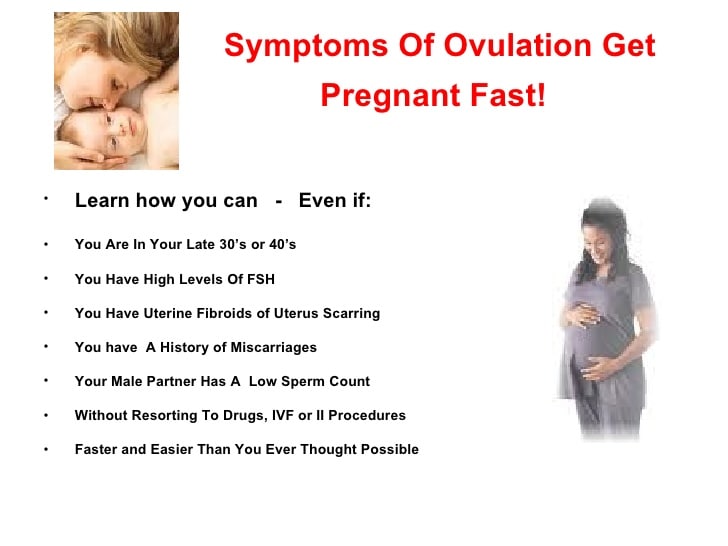 nine0003
nine0003
Is it possible to use anesthesia during prosthetics during pregnancy?
The main problem of dental prosthetics in pregnant women is anesthesia. It is the substances that make up anesthetics that carry a potential risk to the health of the baby in the womb. So, adrenaline, which is based on anesthesia in dentistry, constricts blood vessels, reduces the risk of bleeding and blocks pain. But while waiting for the child, adrenaline can provoke an increase in pressure in the expectant mother, difficulty in the supply of oxygen to the body and, as a result, hypertonicity of the uterus. nine0003
But here, too, modern dentistry has found a good solution:
- it is undesirable to use any painkillers during the first months of expecting a child;
- in the second and third trimesters, drugs that do not cross the placenta and are rapidly excreted from the body can be used;
- in the treatment and prosthetics of teeth of pregnant women, articaine anesthetics (primacaine, ultracaine) are used, which contain a minimum of adrenaline, and it does not pass through the placenta.
 nine0076
nine0076
Articaine preparations are effective, well anesthetize, soothe the inflamed area and are hypoallergenic. However, when choosing them, you should carefully study the composition. If there is an individual intolerance to one of the components, be sure to inform the doctor.
Contraindications to the use of painkillers during pregnancy, even relatively safe ones, are high blood pressure, neurological diseases, bleeding disorders, severe course or the last month of pregnancy (except in emergency cases). nine0003
Conclusion
Remember: pregnancy is not a disease, but a normal physiological state of the body. Although it is not easy for some women. If your health allows, use this period to restore your smile, because prosthetics during pregnancy is possible. Most importantly, when seeking dental care, be sure to inform the specialist about your condition. The doctor will select anesthesia that is safe for the baby and offer the best option for prosthetics, taking into account the individual characteristics of your body.